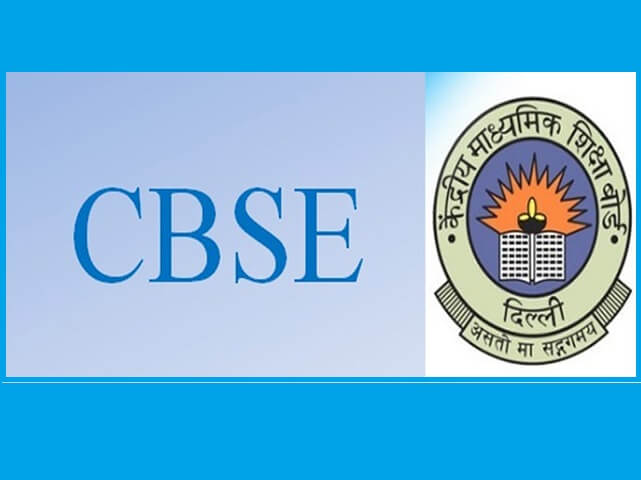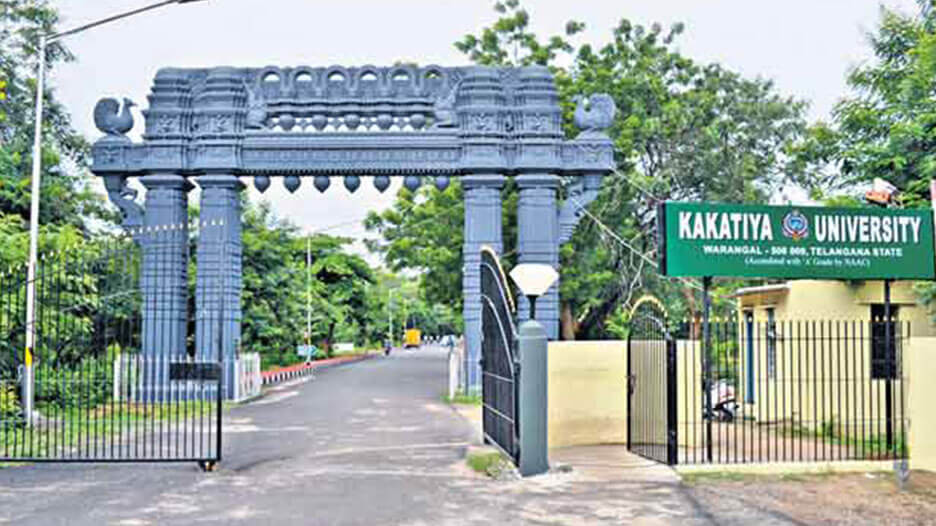CBSE decides to introduce AI and coding as subjects from Classes 6 to 8
Wed 03 May 2023, 01:42:04

The Central Board of Secondary Education (CBSE) has recently announced its decision to introduce coding and artificial intelligence (AI) from Classes 6 to 8 as part of the New Education Policy (NEP) 2020.
The policy recognises the importance of mathematics and computational thinking in preparing students for future careers in the fields of artificial intelligence, machine learning, and data science.
Under the NEP 2020, artificial intelligence has been introduced to promote skill education from Classes 6 to 8 onwards. Along with this, subjects like coding will also be taught early, and data science will be introduced for Class 8, while "things you should know about keeping medicines at home" will be taught to Class 6 students.
CBSE has listed 33 subjects, including artificial intelligence, financial literacy, coding, data science, augmented reality, Kashmiri embroidery, application of satellites, humanity, and Covid-19.
These modules will have a duration of 12-15 hours, and the
schools have been instructed to devote 70% of the time duration to hands-on activities and 30% to theory.
schools have been instructed to devote 70% of the time duration to hands-on activities and 30% to theory.
The syllabus for coding will be prepared by Microsoft, ensuring that students receive high-quality education in coding and AI.
The board's decision to introduce coding and AI at an early age will help students develop problem-solving skills, encourage creativity, and prepare them for future careers.
The NEP 2020 recognises that mathematics and computational thinking will be essential for India's future and leadership role in upcoming fields and professions involving AI, machine learning, and data science.
To achieve this goal, the policy aims to give increased emphasis to mathematics and computational thinking throughout the school years, starting from the foundational stage, through innovative methods, including the regular use of puzzles and games that make mathematical thinking more enjoyable and engaging. The policy also aims to introduce coding activities in the middle stage.
No Comments For This Post, Be first to write a Comment.
Most viewed from Edu and Jobs
AIMIM News
Latest Urdu News
Most Viewed
May 26, 2020
Do you think Canada-India relations will improve under New PM Mark Carney?
Latest Videos View All
Like Us
Home
About Us
Advertise With Us
All Polls
Epaper Archives
Privacy Policy
Contact Us
Download Etemaad App
© 2025 Etemaad Daily News, All Rights Reserved.






























